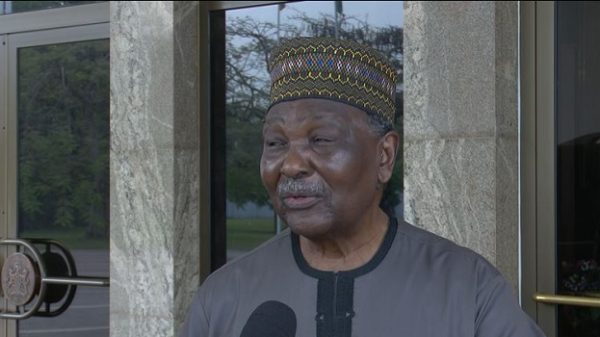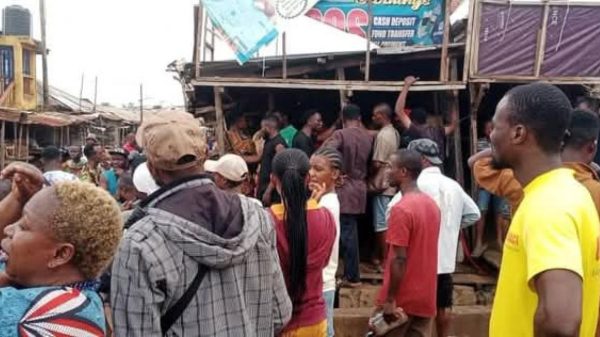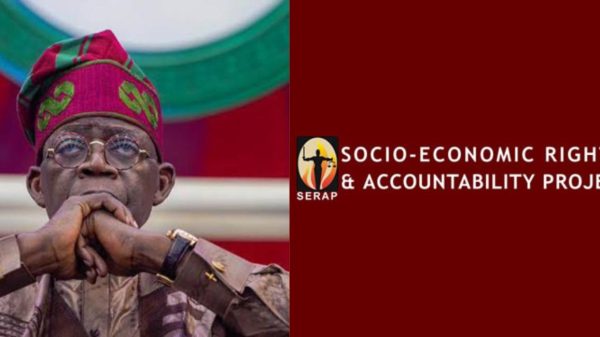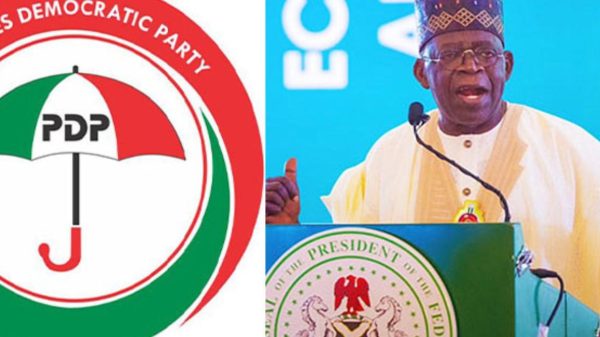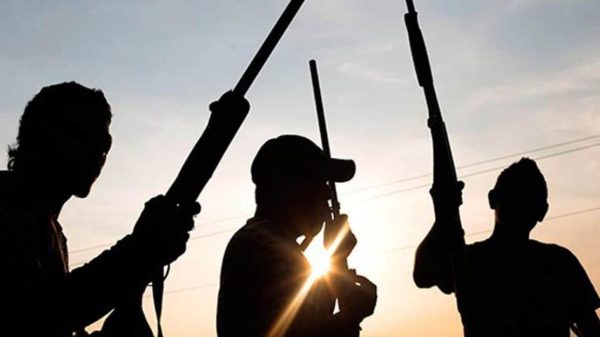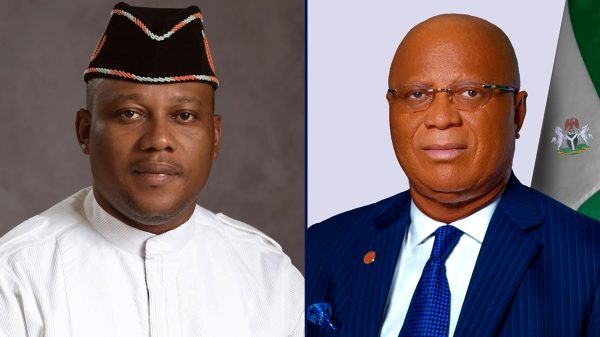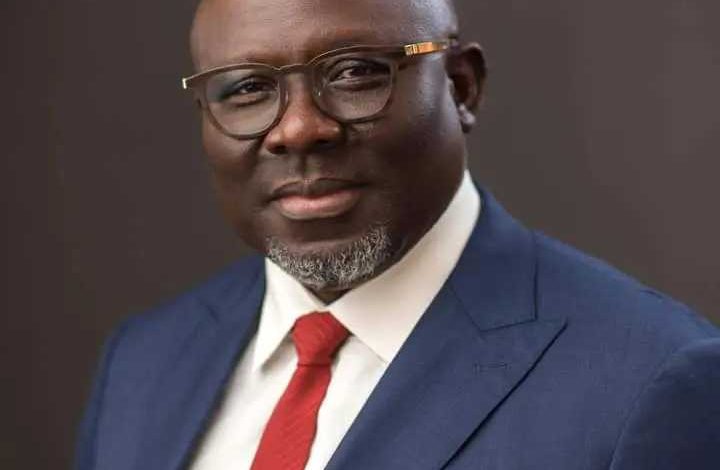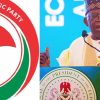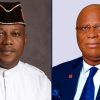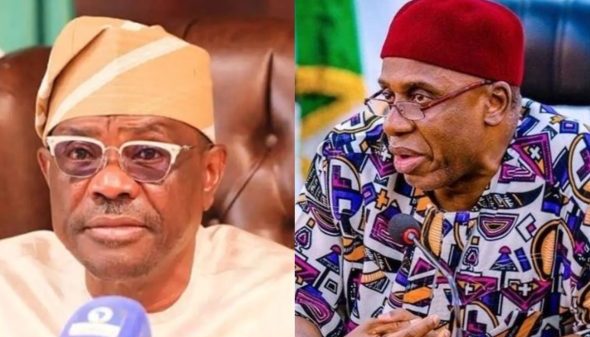In a recent development, the All Progressives Congress (APC) in Delta State has issued a stern warning to one of its members, Hon. Francis Waive, who represents the Ughelli North, Ughelli South, and Udu Federal Constituency in the House of Representatives. The warning follows Waive’s public endorsement of Governor Sheriff Oborevwori of the People’s Democratic Party (PDP), who is seeking a second term in office.
According to a report by POLITICS NIGERIA, the APC is considering disciplinary action against Waive for his support of the opposition governor. This move has prompted significant attention within political circles and has raised concerns about party loyalty and discipline.
In a letter dated September 15, 2024, and signed by Elder Omeni Sobotie, the State Chairman of the Delta APC, the party denounced Waive’s actions as “gross anti-party activity.” The letter explicitly states:
“The leadership of the state Executive Committee of our great party has been made aware of a video recording posted online, showing you openly canvassing support and endorsing the second-term ambition of Governor Oborevwori. This action has gone viral, causing public opprobrium and bringing the party’s image into disrepute.”
The APC’s reaction underscores the seriousness with which the party views deviations from its official stance and the endorsement of opposition figures. Waive’s public endorsement of a governor from the rival PDP has been perceived as a significant breach of party loyalty, reflecting poorly on the APC’s image and unity.
The letter further highlights that Waive’s actions contravene the party’s internal regulations, specifically citing Article 21:21(I)&(ii) of the APC’s constitution. These provisions prohibit any form of anti-party behavior, which the party claims Waive has exhibited through his public endorsement of Oborevwori.
The APC’s disciplinary measures are rooted in maintaining internal discipline and coherence among its members. By issuing the warning, the party aims to address what it views as a serious infraction that could have broader implications for party unity and electoral strategy.
The letter concludes with a directive to Waive: “Take notice that you have 7 days from receipt of this letter to appear in person and give convincing reasons why severe disciplinary measures should not be taken against you.” This stipulation gives Waive a brief window to respond to the allegations and defend his actions before the party decides on any potential penalties.
The situation has sparked discussions about the broader implications for APC’s internal governance and its strategy in Delta State. As the party awaits Waive’s response, the matter is likely to remain a focal point of political discourse in the region.



